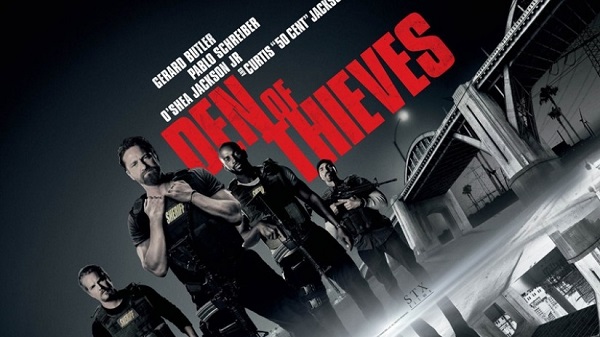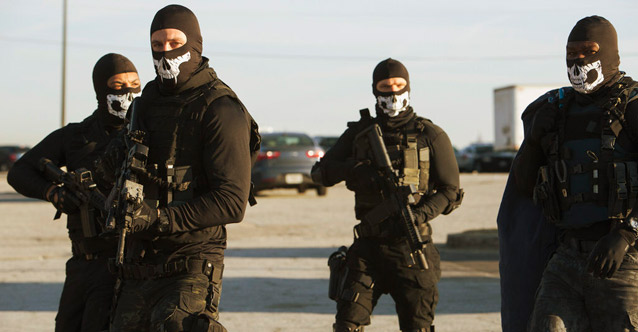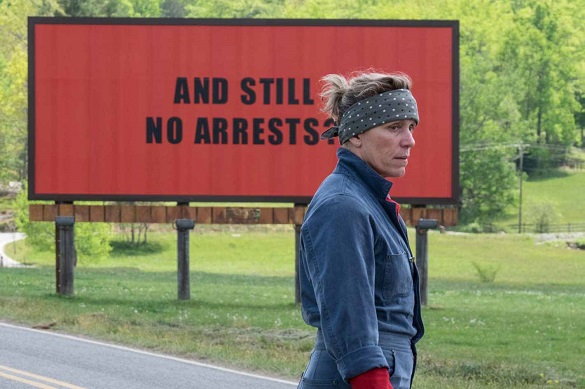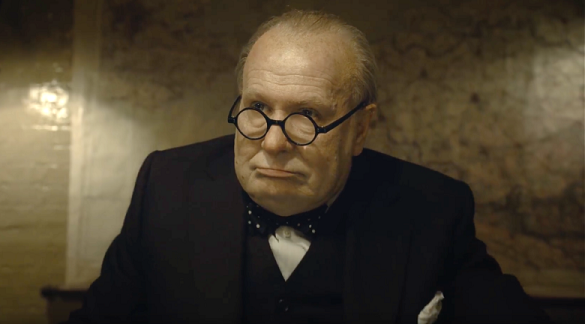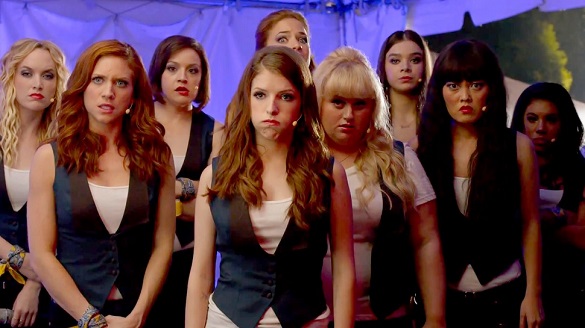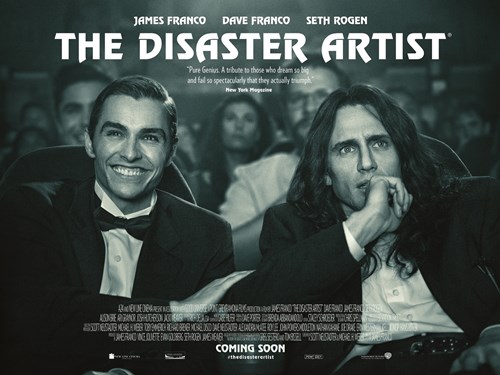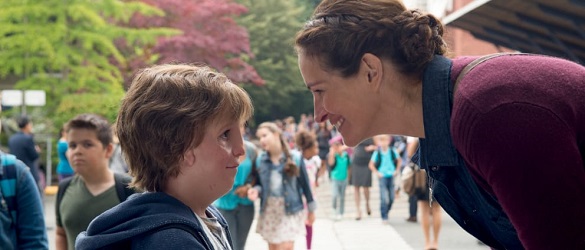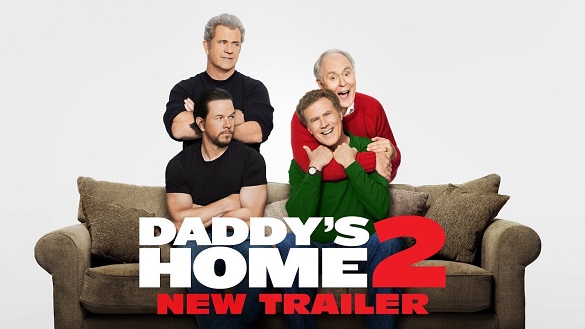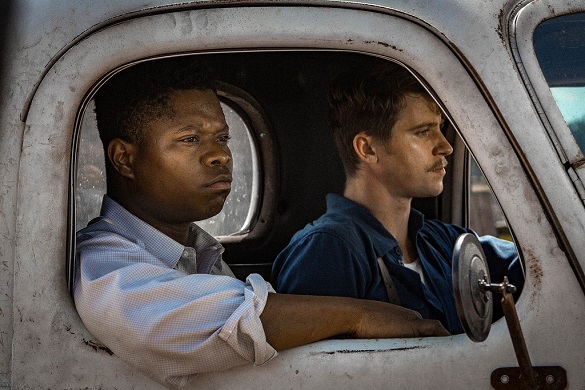LFF 2017: Loveless *****
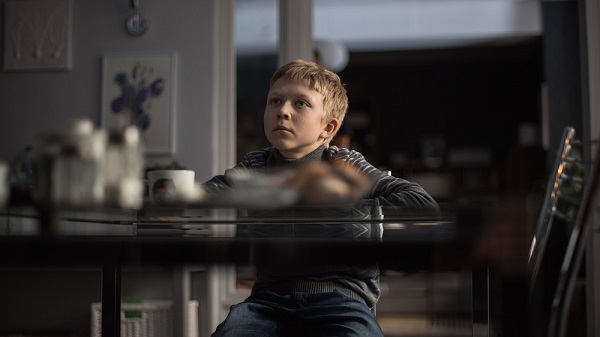
There is an overwhelming feeling of stark ambiguity in Russian co-writer-director Andrei Zvyagintsev’s new film Loveless. A sense of soullessness that is initially attempted to be filled by things that matter but is defeated by greater evils, those of pride, greed, self-service and broken bonds.
When their young son Alyosha (Matvey Novikov) goes missing – after only noticing his absence a few days later, warring couple Zhenya (Maryana Spivak) and Boris (Aleksey Rozin) who are divorcing and leading separate lives in one flat must put differences aside and unite to find him.
Parent or not, the catalyst for this film is the intoxicating, tragic loneliness of the boy that Zvyagintsev does well to portray and immerse us in. Alyosha is from a comfortable background but is being so neglected that you want to scream at those who are supposed to be ‘adult’ and in control. These scenes of family destruction are given a thorough airing from the start, so that we can make assumptions and form opinions before the inevitable happens. After that, you need there to be a resolution in all respects.
This is the film’s tour de force. It takes you through the emotional spectrum in its journey to solve the mystery, set against a cold, bleak background that emphasizes the situation further. The performances from all the cast are utterly superb. Ironically, you do support their individual desire for happiness, all in their own way. However, the one who is most ‘at risk’ from the fallout is the one who is most vulnerable. It is quite heartbreaking.
In fact, Zvyagintsev’s beautifully-shot Loveless ought to be compulsory viewing for any couple with children going through hard times, to test their true resolve. Short of that, it should come with a warning for the rest of us as it forces us to get some clear perspective on what matters in life. Indeed, happiness, but at what selfish cost? Powerful and unforgiving, Loveless is one not to miss.
5/5 stars
By @Filmgazer

